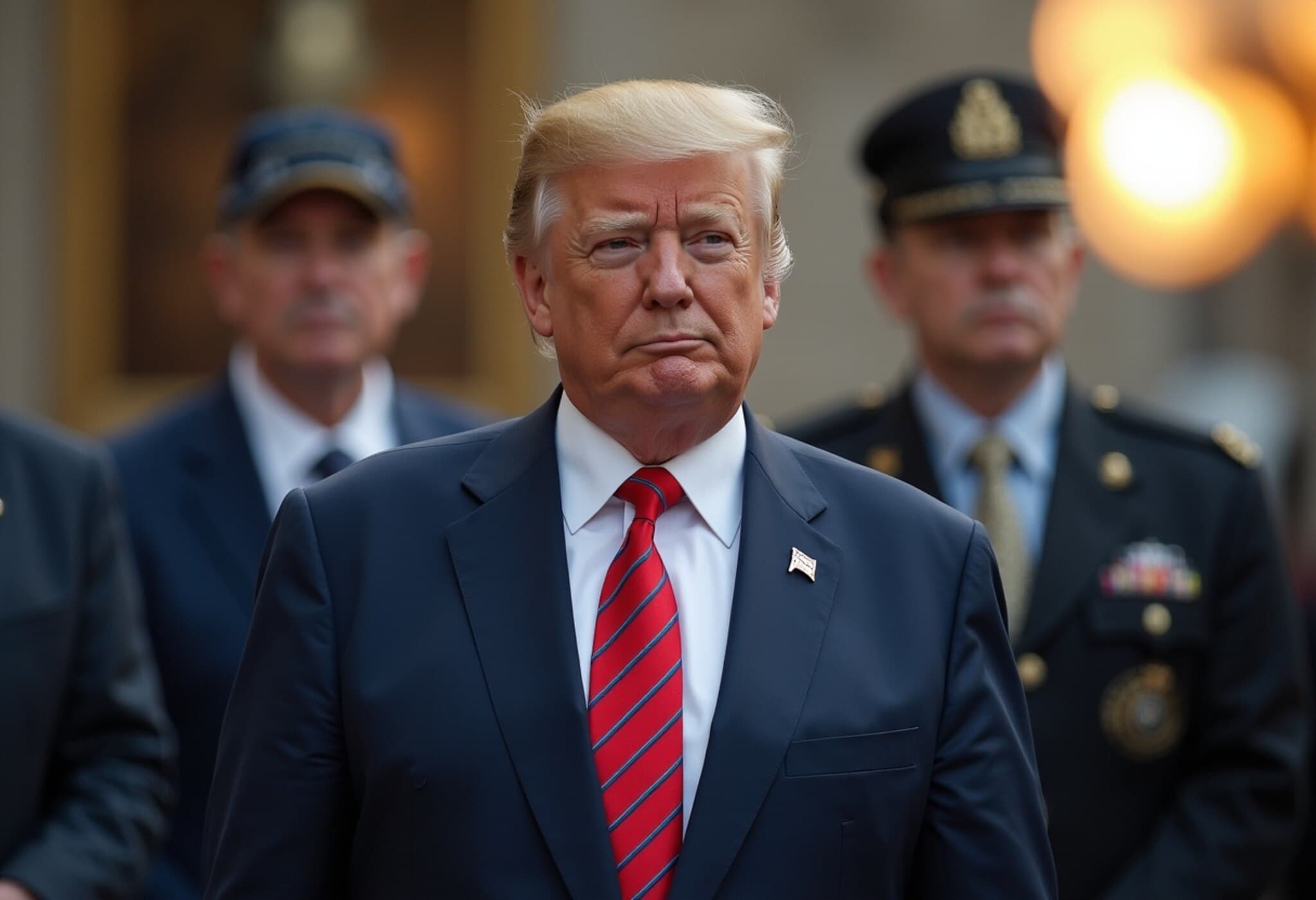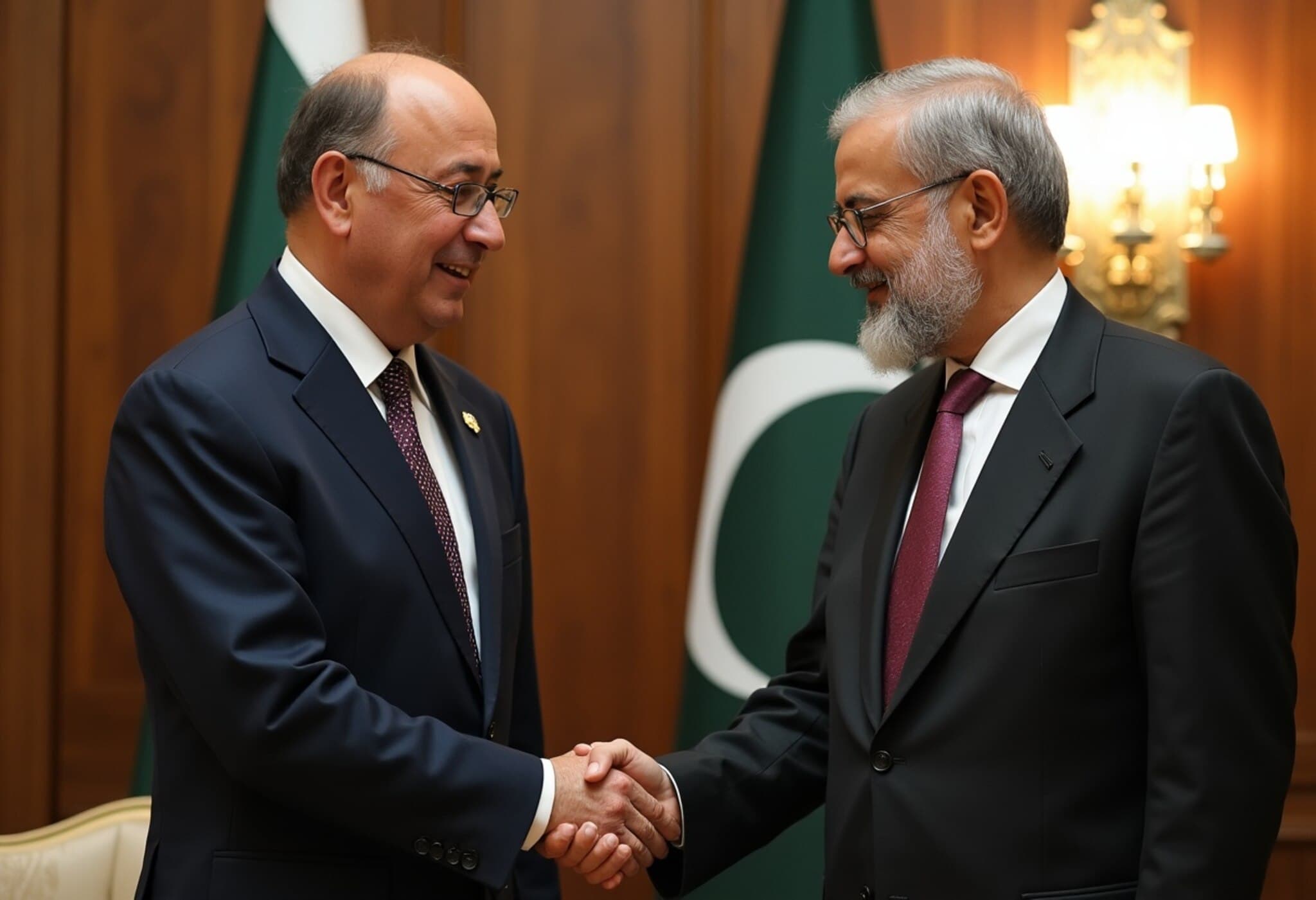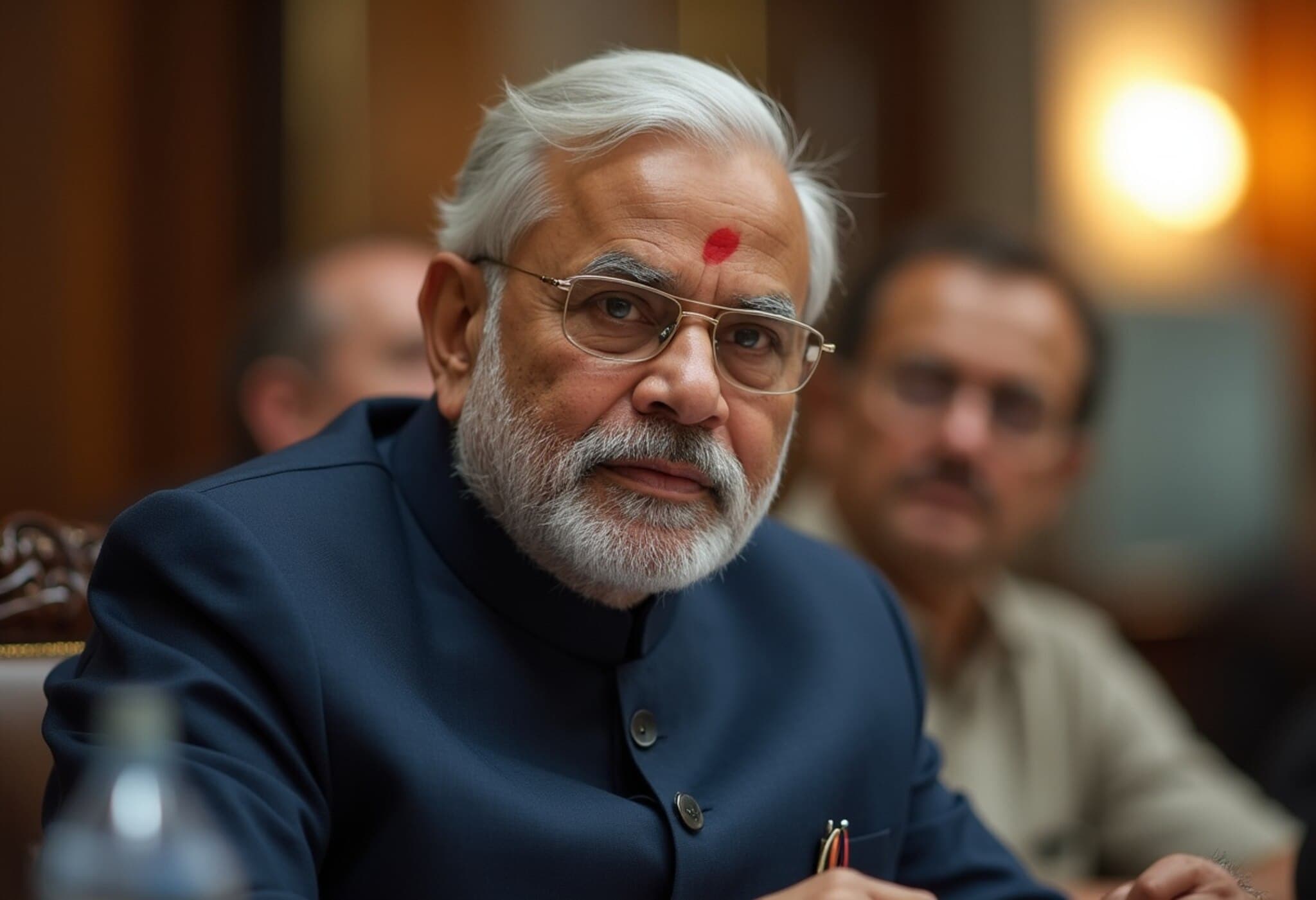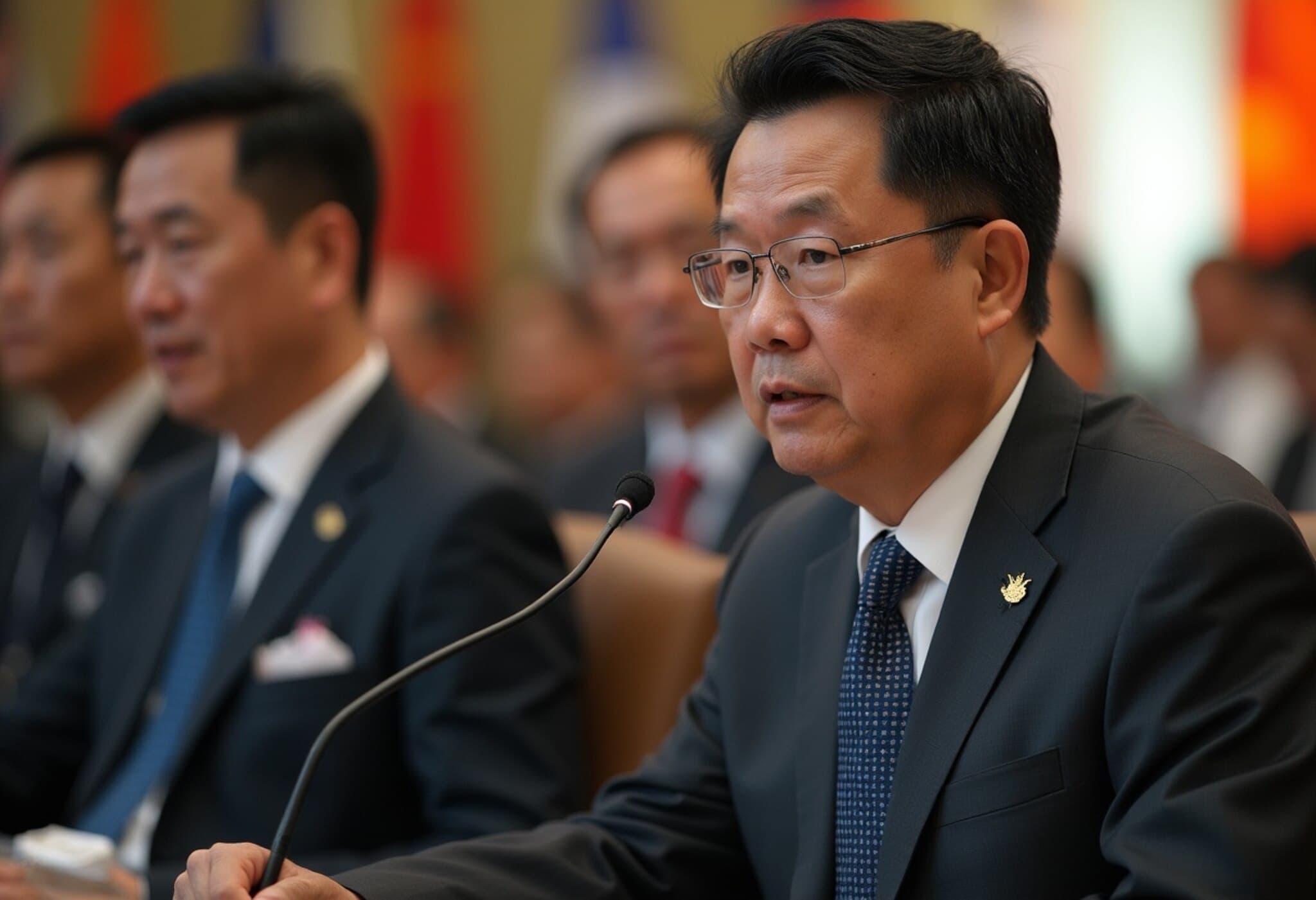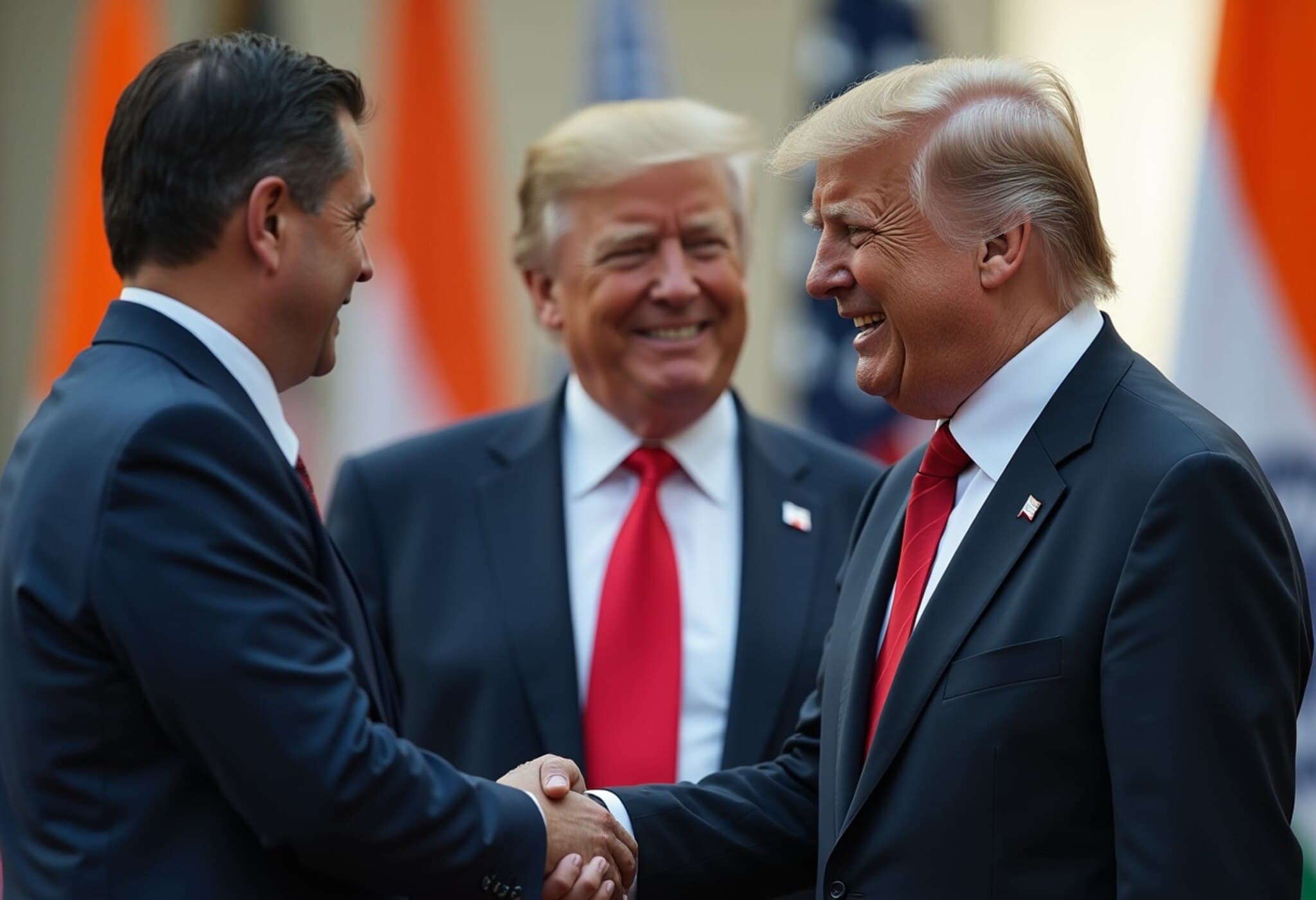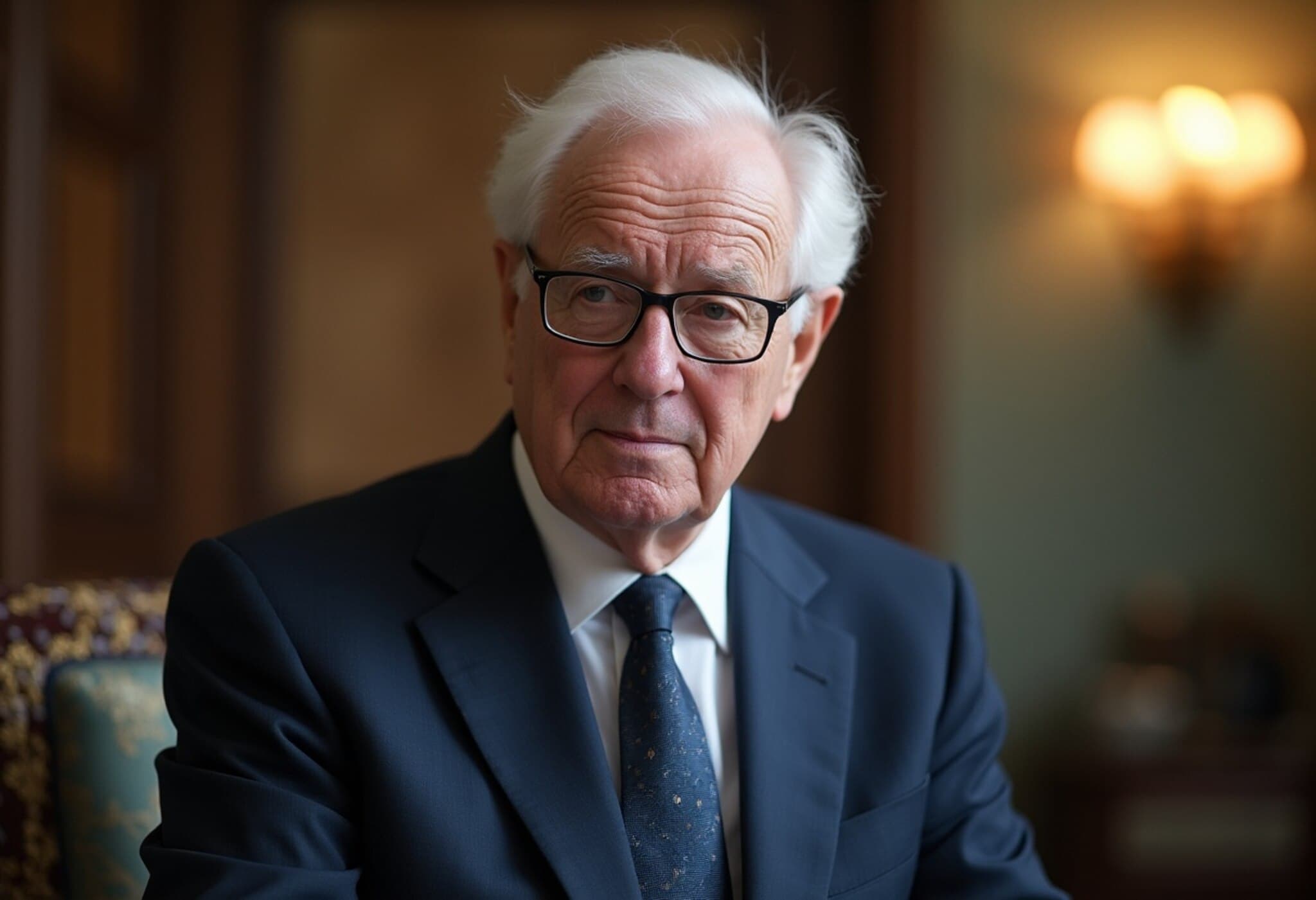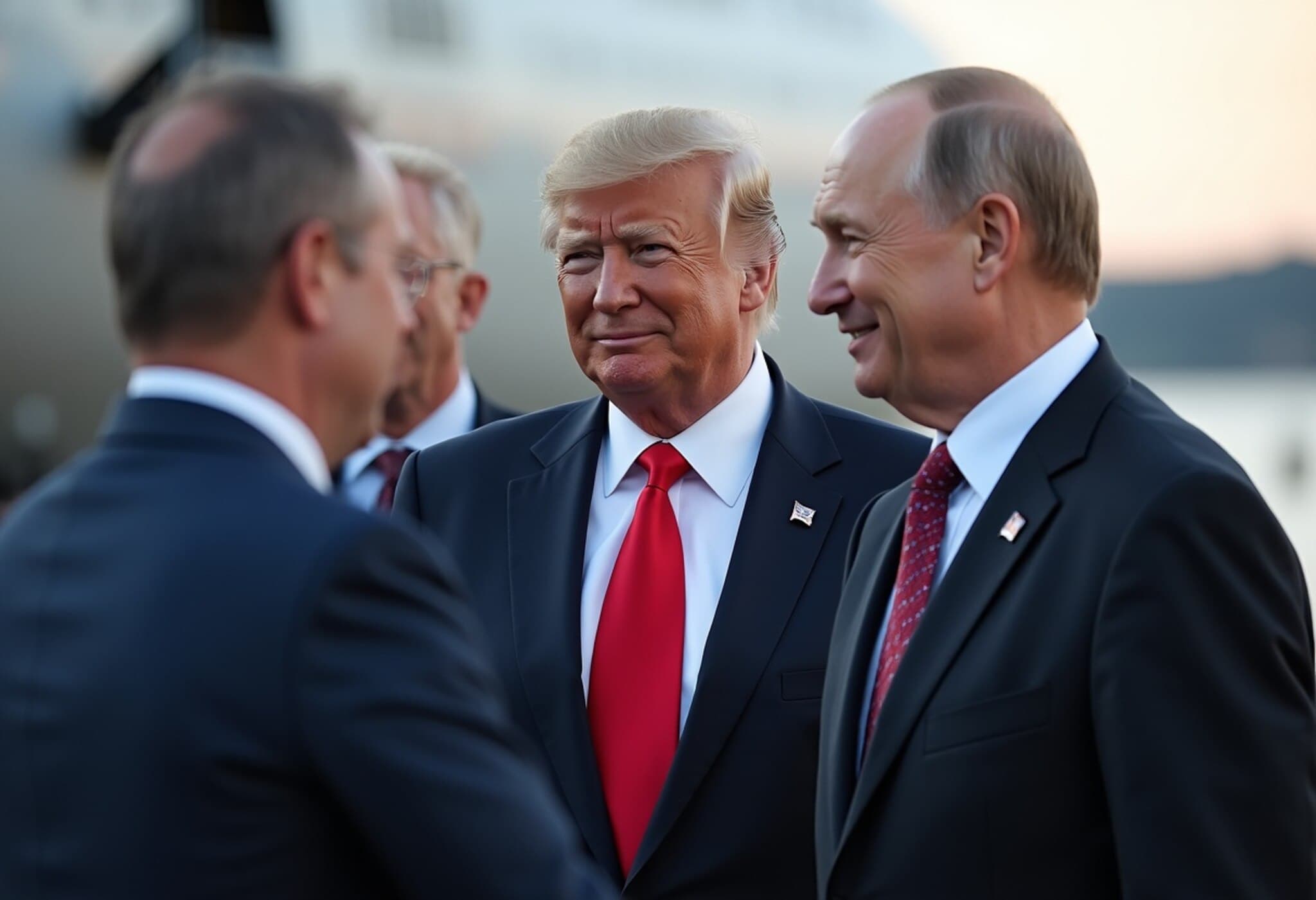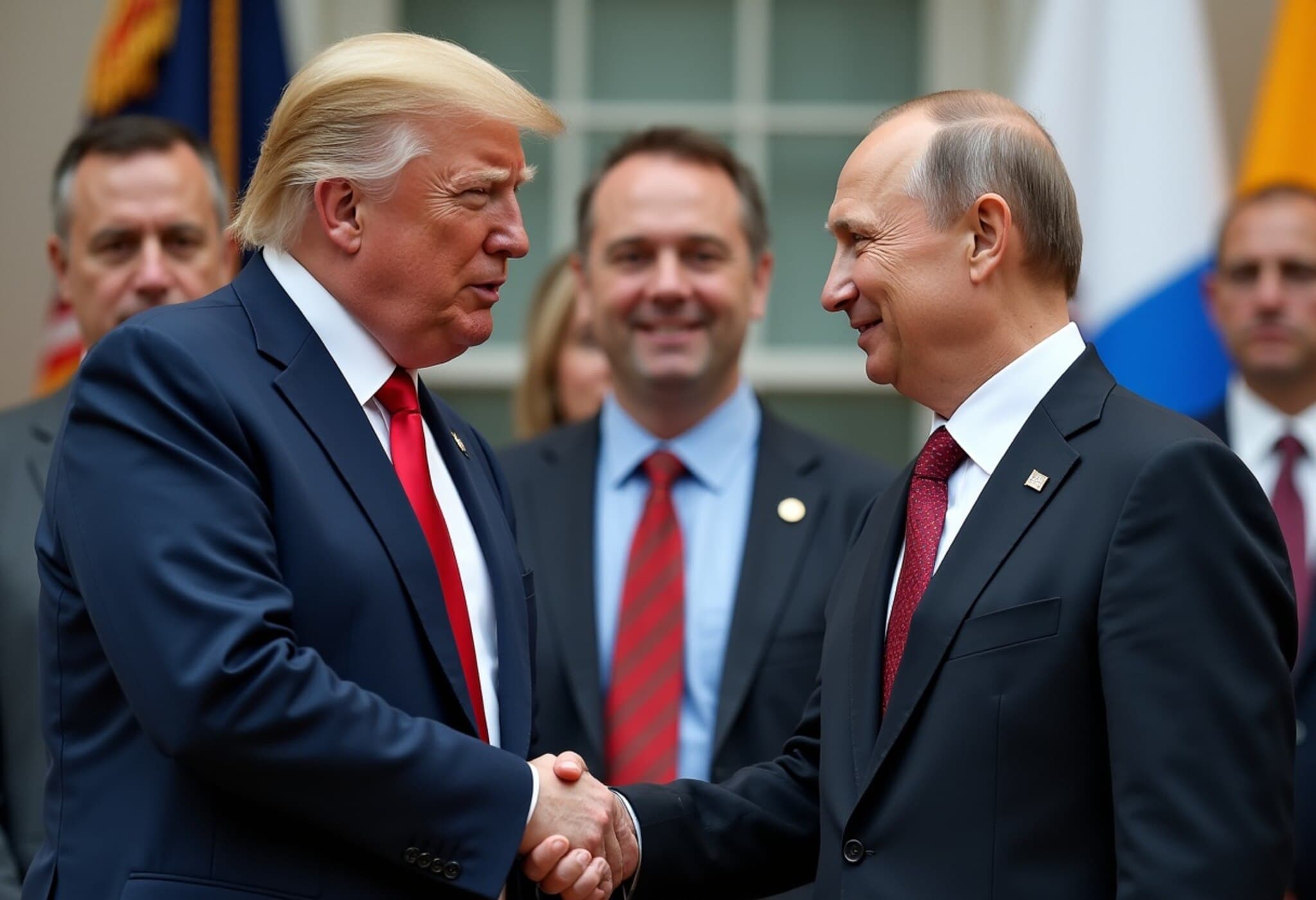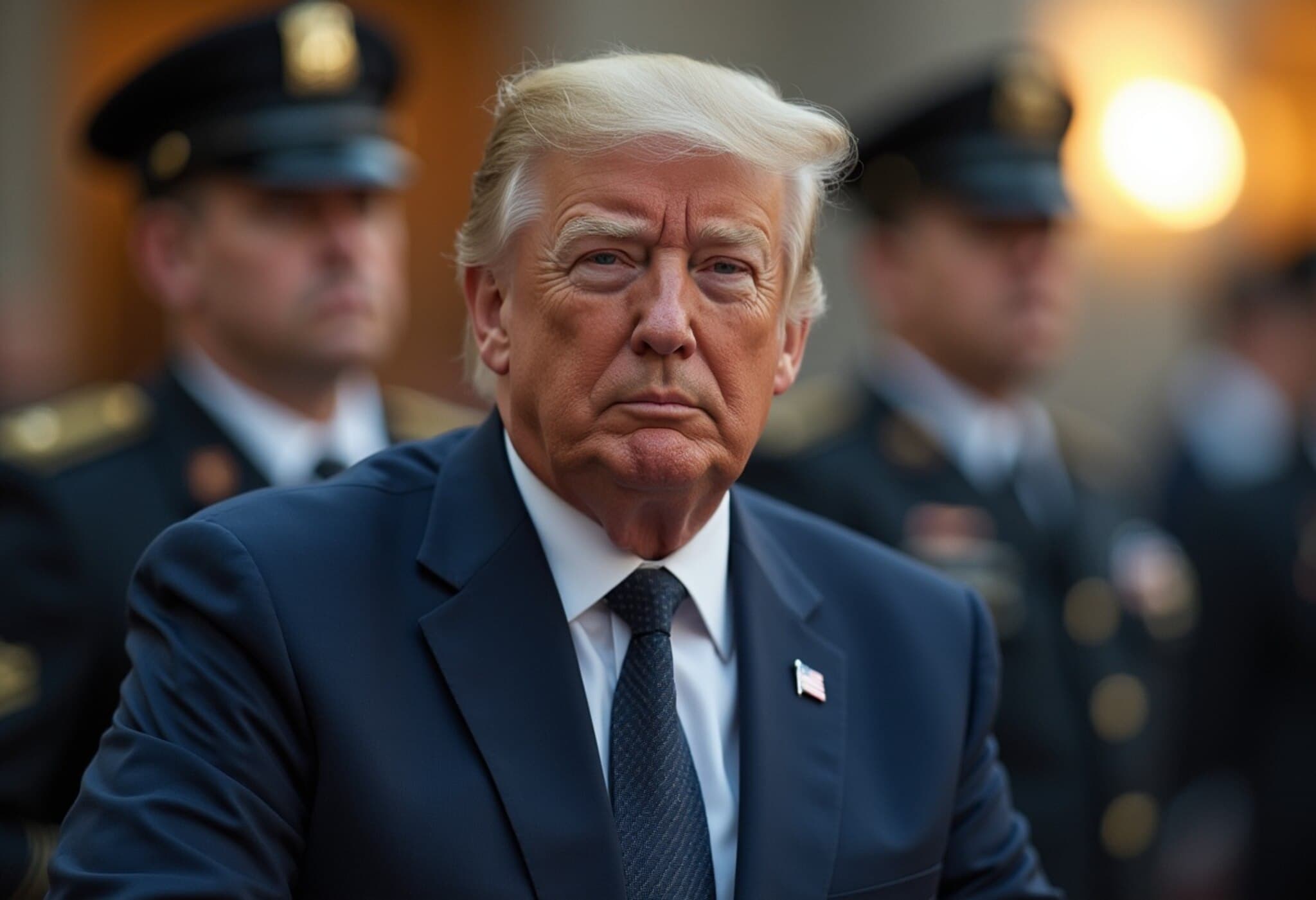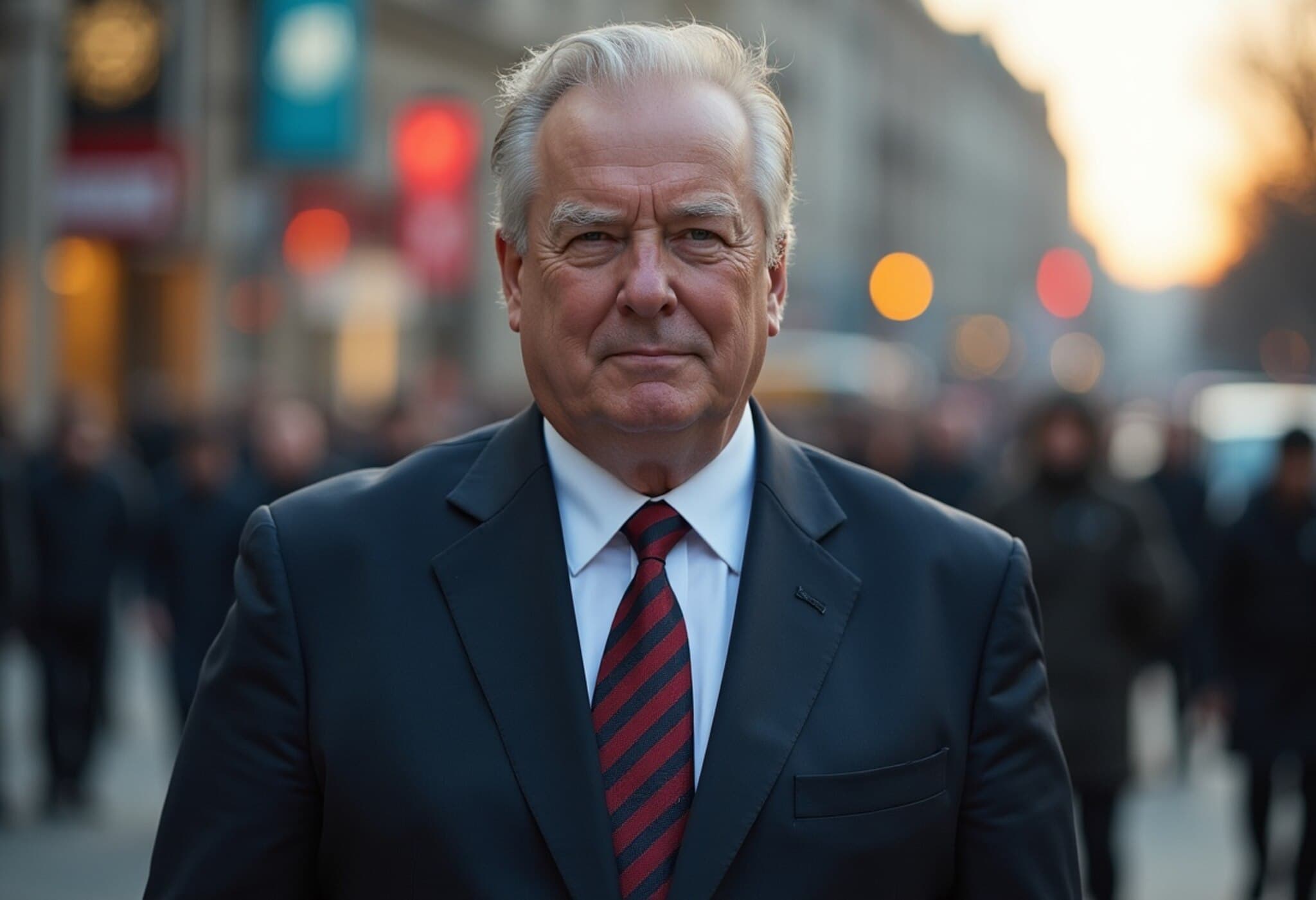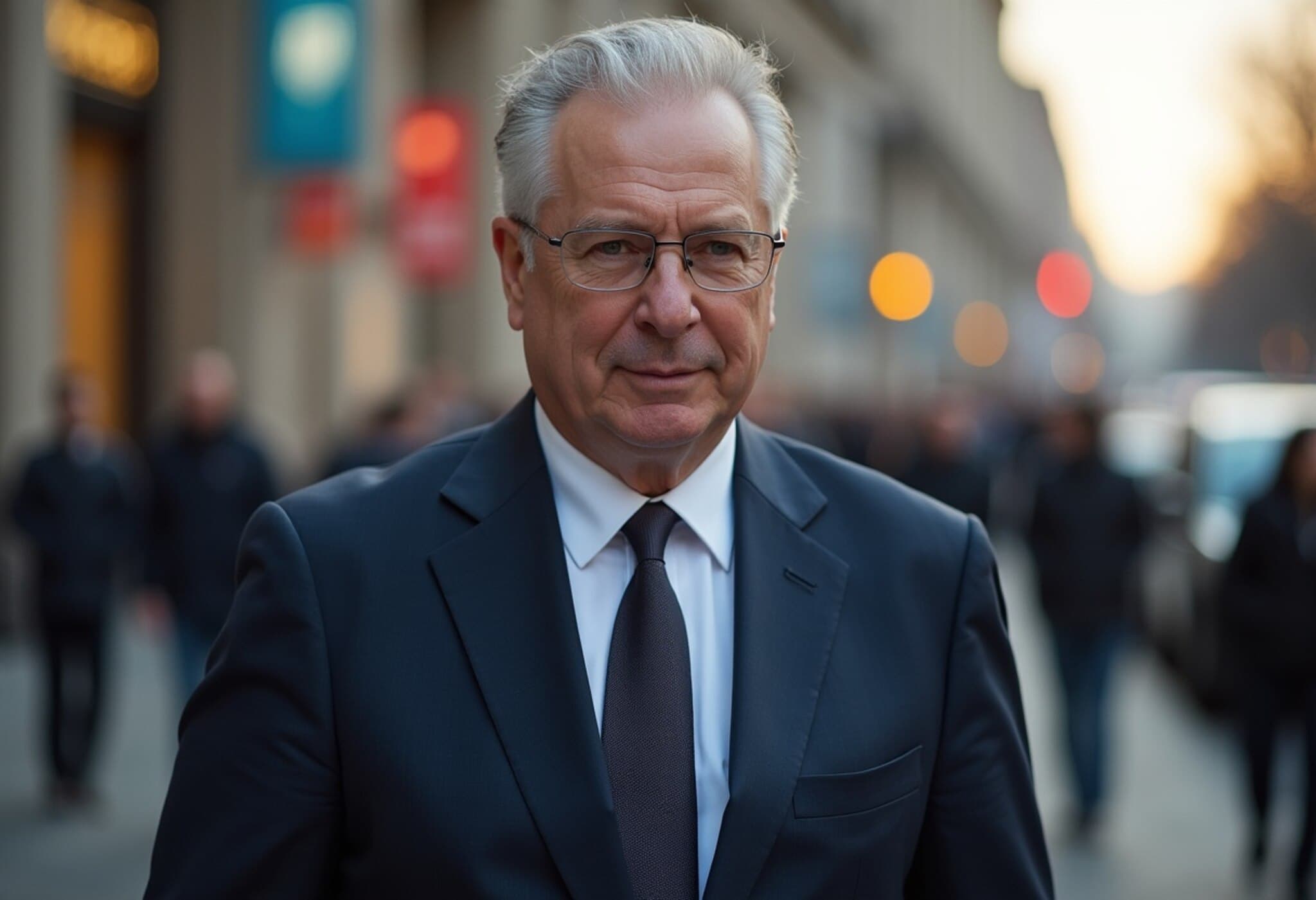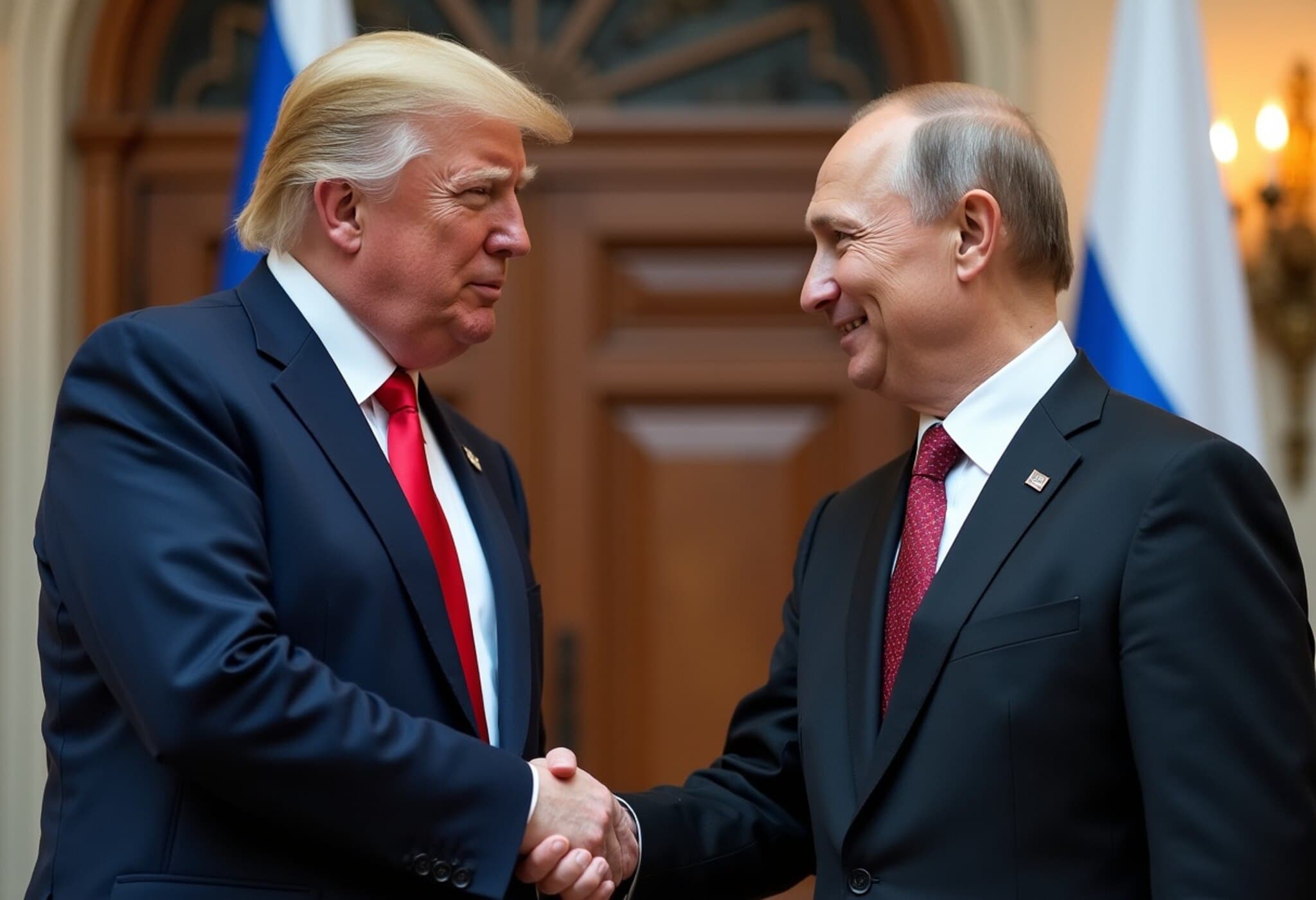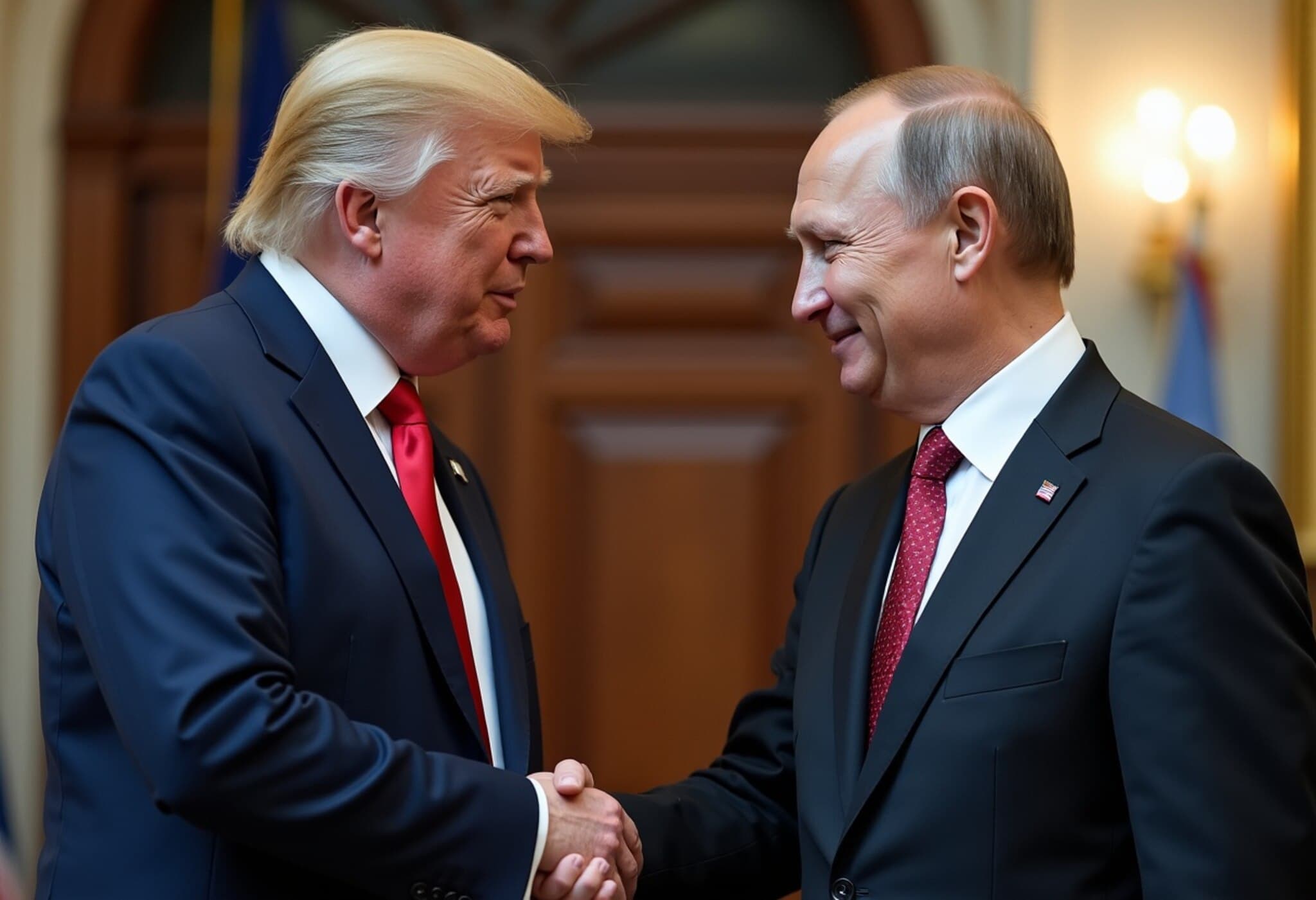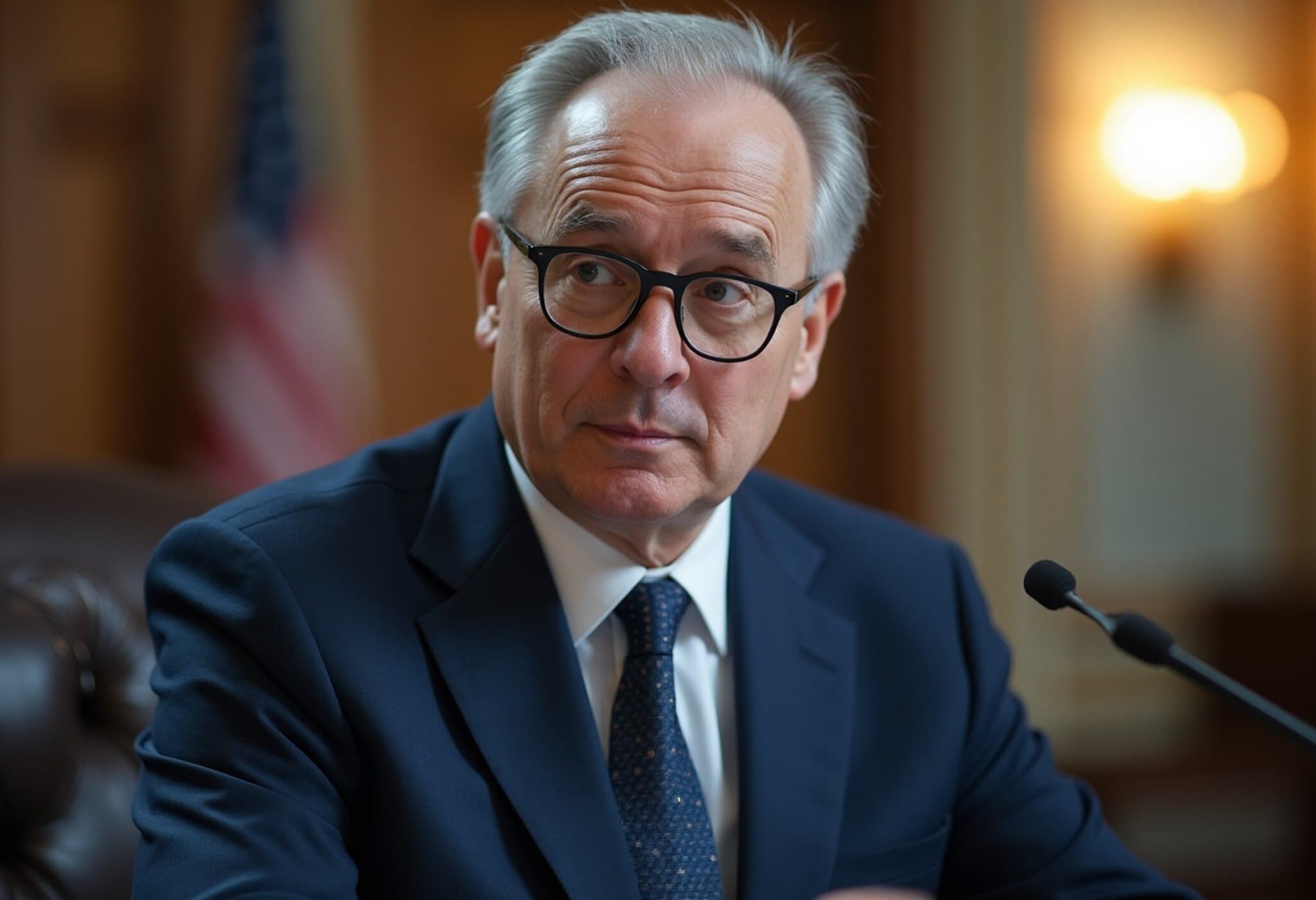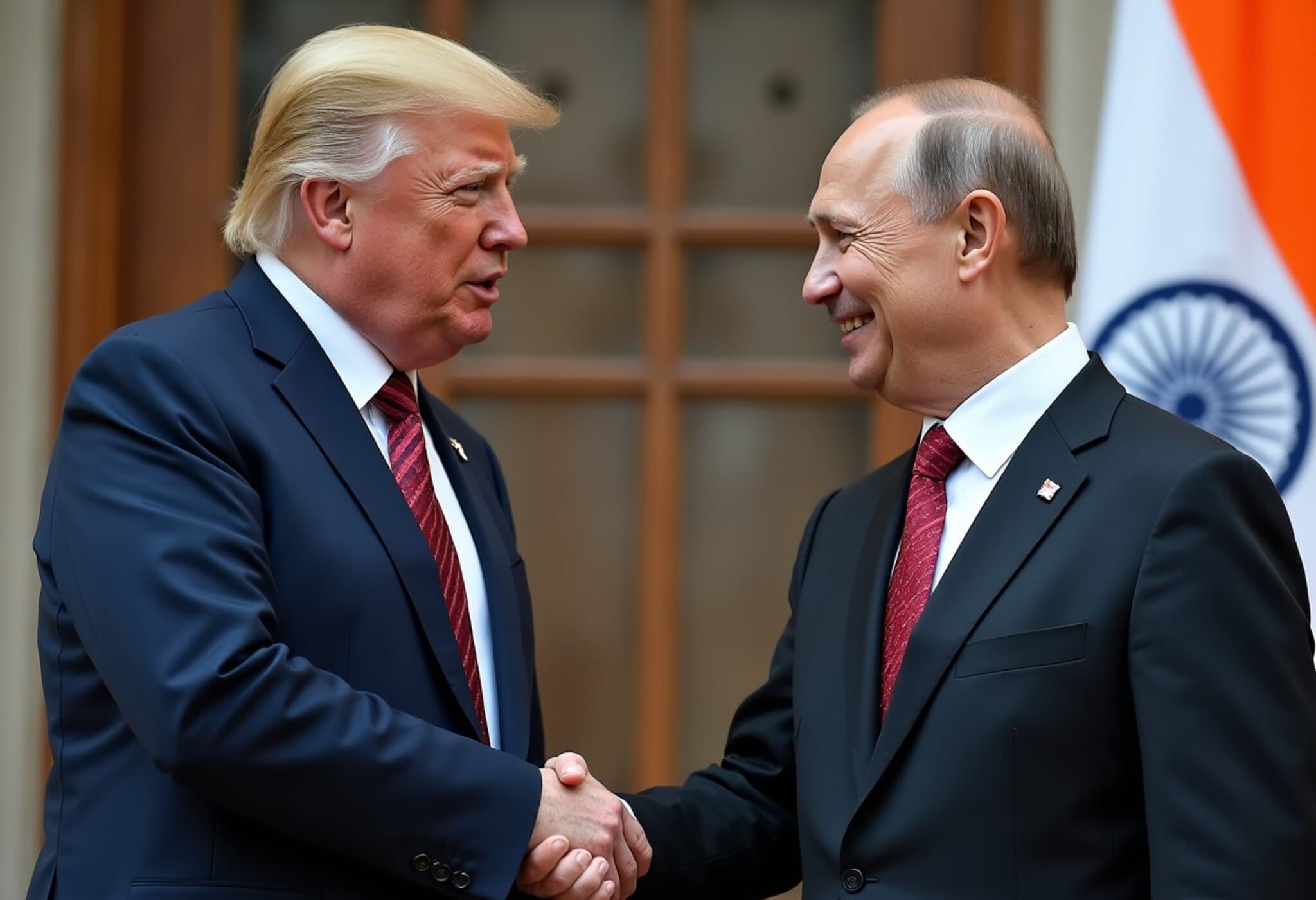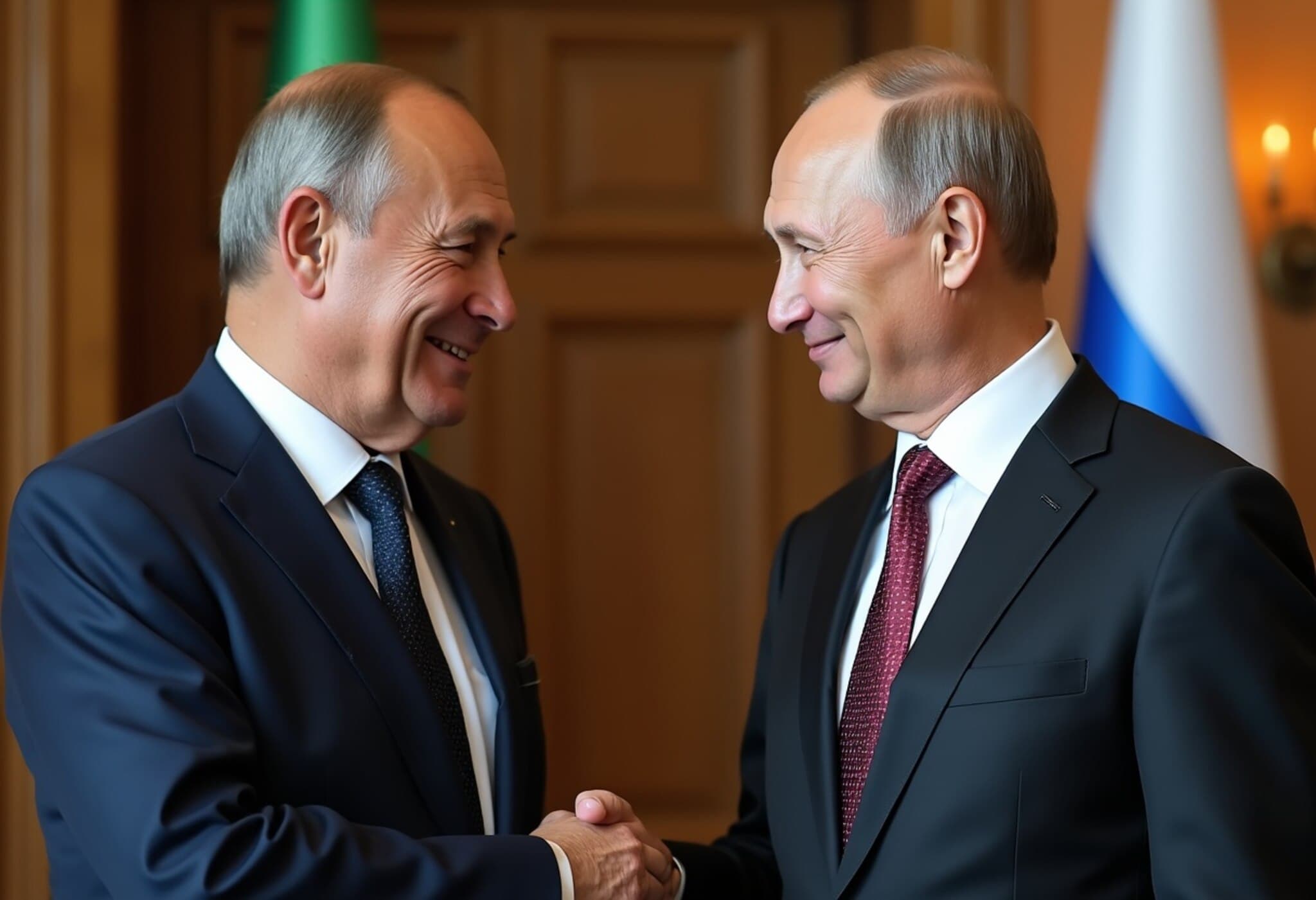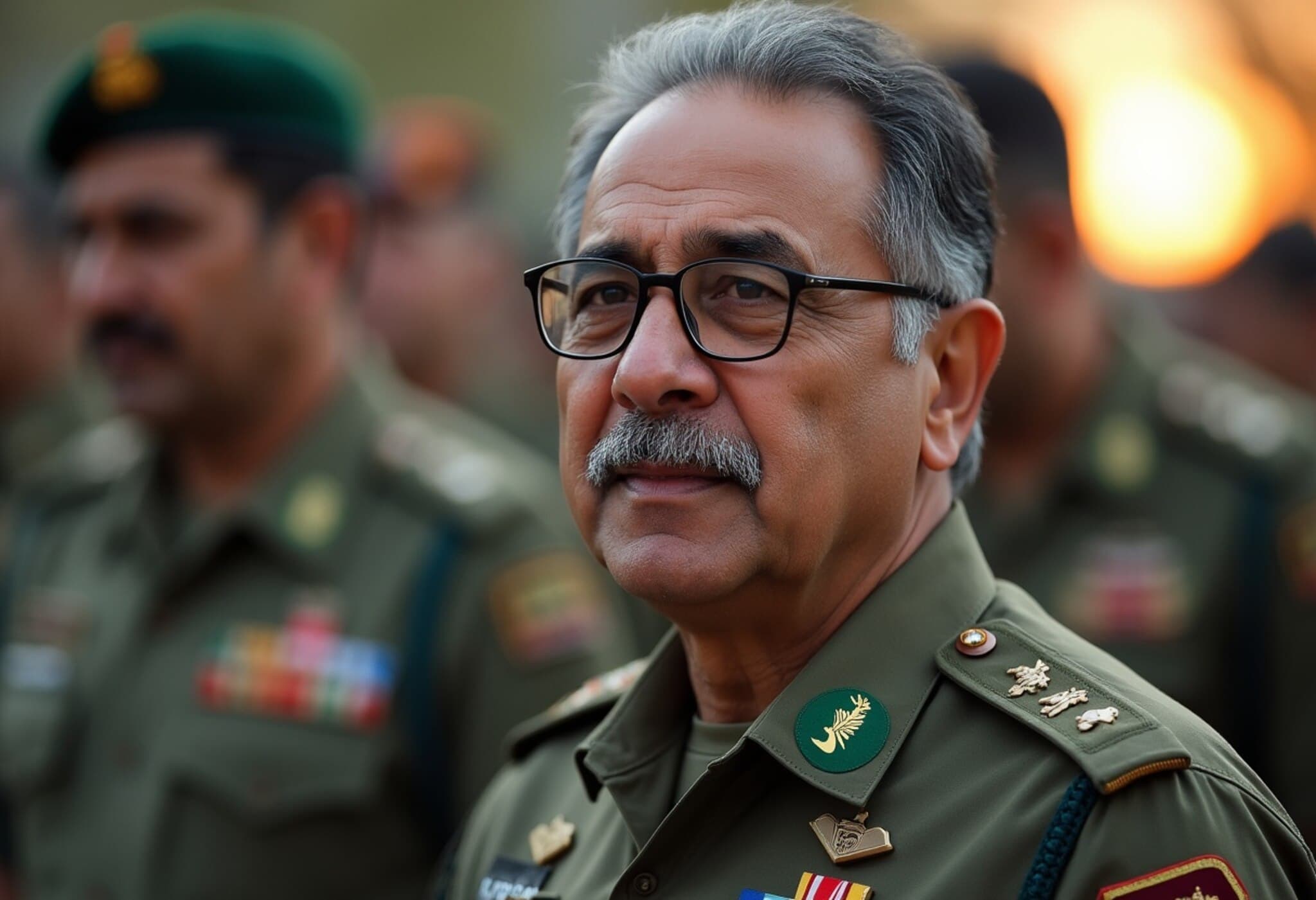Ukraine’s Stance Solidifies: No Land for Peace Ahead of Trump-Putin Meeting
As tensions surrounding the Russia-Ukraine conflict persist, Ukrainian President Volodymyr Zelensky has made it unequivocally clear that Ukraine will not cede any territory to Russia, despite ongoing diplomatic efforts and the looming summit between US President Donald Trump and Russian President Vladimir Putin in Alaska.
Rejecting Territory Swaps: Zelensky’s Answer to Peace Proposals
On August 10, 2025, President Zelensky publicly dismissed President Trump’s suggestion of a potential peace agreement involving “some swapping of territories.” Zelensky emphasized that Ukraine will never reward Russia for its aggression and reiterated his nation’s sovereign right to protect its constitutional territorial integrity.
“Ukrainians will not give their land to the occupier,” Zelensky asserted, signaling a firm stand against any diplomatic proposals that exclude Kyiv's consent or involve territorial compromises.
Trump-Putin Summit: A Possible Breakthrough or Diplomatic Detour?
The scheduled meeting in Alaska between Trump and Putin — set for the following week — carries significant implications. Trump declared his willingness to engage with Putin even if the latter refuses direct talks with Zelensky, which Zelensky promptly criticized as undermining Ukraine’s agency in dictating its fate.
Experts caution that a bilateral summit not including Ukraine risks producing “dead decisions” — outcomes that neither foster peace nor garner legitimacy. Such an approach threatens to deepen the mistrust between Kyiv and Moscow and further destabilize regional dynamics.
European Allies Rally in Support of Ukraine’s Sovereignty
Simultaneously, a high-profile meeting unfolded in Kent, England, where European officials convened with US Vice President JD Vance. Although details remain undisclosed, anonymous sources within the US administration described the talks as substantive progress toward ending the conflict.
French President Emmanuel Macron highlighted the collective resolve among European leaders—including UK’s Keir Starmer and Germany’s Chancellor Friedrich Merz—to continue backing Ukraine, emphasizing that “Ukraine’s future cannot be decided without the Ukrainians.”
Macron further warned that Europe’s own security is inherently intertwined with the conflict’s resolution, signaling a broader geopolitical stake beyond Ukraine’s borders.
Behind the Headlines: The Complexities of Peace Negotiations
Though Ukrainian officials have privately indicated a willingness to consider peace terms recognizing the current realities on the ground, such compromises remain politically sensitive. The prospect of recognizing Russian control over seized territories remains deeply unpopular domestically and internationally.
The Alaska summit carries symbolic weight, with Kremlin advisor Yuri Ushakov noting the geographical significance of the location—an historic touchpoint in US-Russian relations since the 1867 Alaska Purchase. This setting may lend Putin rhetorical leverage, as highlighted by analysts like Nigel Gould-Davies of the International Institute for Strategic Studies, who warns of potential strategic narratives aimed at reinforcing Russian claims.
Despite these high-stakes dynamics, the path to peace remains fraught with challenges. The divergent goals of Moscow and Kyiv, the exclusion of Ukraine from preliminary talks, and the delicate balance of international alliances all suggest that any resolution will require nuanced diplomacy and unwavering respect for national sovereignty.
Editor’s Note
The unfolding diplomatic maneuvers underscore a critical tension in international conflict resolution: the balance between pragmatic negotiations and the principles of sovereignty and self-determination. Ukraine’s steadfast refusal to trade land for peace highlights the profound national trauma inflicted by war and the high stakes involved in any deal-making process.
As global powers engage behind closed doors, the world watches keenly to see whether diplomacy can outpace the realities of armed conflict — and whether Ukraine’s voice will remain central in shaping its future.

